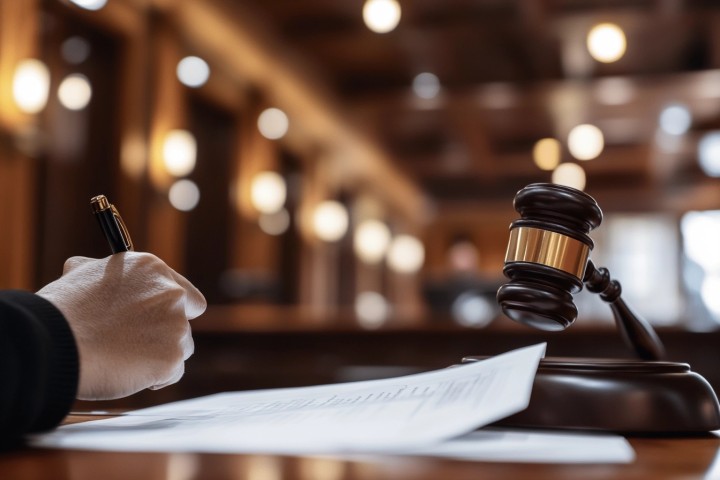Conditions of Bail: Ensuring Compliance and Safety in the Judicial Process
The conditions of bail are crucial components of the bail agreement between the court and the defendant. These conditions are designed to ensure that the defendant complies with the legal process and safeguards the community while awaiting trial. This article provides an overview of the common conditions of bail, their purposes, and the impact they have on defendants.
Overview of Bail Conditions
Bail conditions are restrictions or requirements set by the court that a defendant must follow as part of their release. These conditions are tailored to the specifics of each case, taking into account factors such as the nature of the offense, the defendant’s criminal history, and the risk posed to the community.
Common Conditions of Bail
The conditions set for bail can vary widely but typically include several standard stipulations aimed at ensuring the defendant’s appearance in court and maintaining public safety.
1. No-Contact Orders
- Purpose: To prevent the defendant from contacting alleged victims, witnesses, or co-defendants, which might lead to witness tampering or further harm.
- Implications: Violating a no-contact order can lead to immediate revocation of bail and potential additional charges.
2. Travel Restrictions
- Purpose: To limit the defendant’s ability to leave the jurisdiction, thereby reducing the risk of flight.
- Implications: Defendants may need to surrender their passports and may be required to stay within certain geographic boundaries.
3. Curfew
- Purpose: To reduce the risk of re-offending by limiting the defendant’s activities during specific hours, usually overnight.
- Implications: Compliance is often monitored through check-ins or electronic monitoring devices.
4. Substance Abuse Restrictions and Monitoring
- Purpose: For defendants charged with drug or alcohol-related offenses, abstaining from use can be a condition of bail.
- Implications: Defendants may be required to undergo regular drug testing, and failing a test can result in bail revocation.
5. Employment
- Purpose: Defendants may be required to maintain or seek employment as a condition of bail, demonstrating stability and community ties.
- Implications: Unemployment without good cause can be viewed as non-compliance.
6. Weapon Restrictions
- Purpose: Defendants, especially those charged with violent crimes, may be prohibited from possessing firearms or other weapons.
- Implications: Possession of a weapon while on bail can lead to arrest and additional criminal charges.
Enforcement of Bail Conditions
- Monitoring: Compliance with bail conditions is typically monitored by a bail officer or through electronic means such as GPS ankle monitors.
- Violations: Any breach of bail conditions can result in the defendant being taken back into custody, additional charges, and potentially increased bail conditions or denial of bail in future proceedings.
Legal Guidance on Bail Conditions
- Role of Attorneys: It is crucial for defendants to discuss their bail conditions with their attorneys to understand their obligations fully.
- Modification Requests: If conditions are overly restrictive or become inappropriate due to changing circumstances, defendants can request modifications through legal channels.
Conclusion
The conditions of bail are a fundamental aspect of the bail process, ensuring that defendants comply with legal requirements while balancing their rights to freedom during the pretrial period. Understanding and adhering to these conditions is essential for defendants to navigate their cases successfully.
Navigating Bail Conditions: Essential Tips for Compliance
For defendants, understanding each bail condition is crucial for maintaining freedom during the trial process and avoiding further complications with the law.
Frequently Asked Questions
- What happens if I violate my bail conditions?
- Can I travel out of state if it’s necessary for my job?
- How often do I need to check in with a bail officer?
- What should I do if I feel my bail conditions are unjust?
- Can bail conditions be lifted before the trial?






